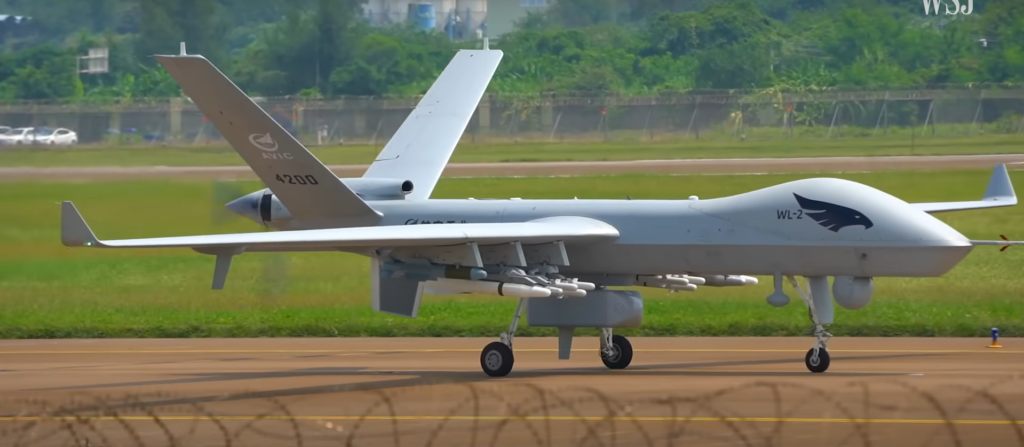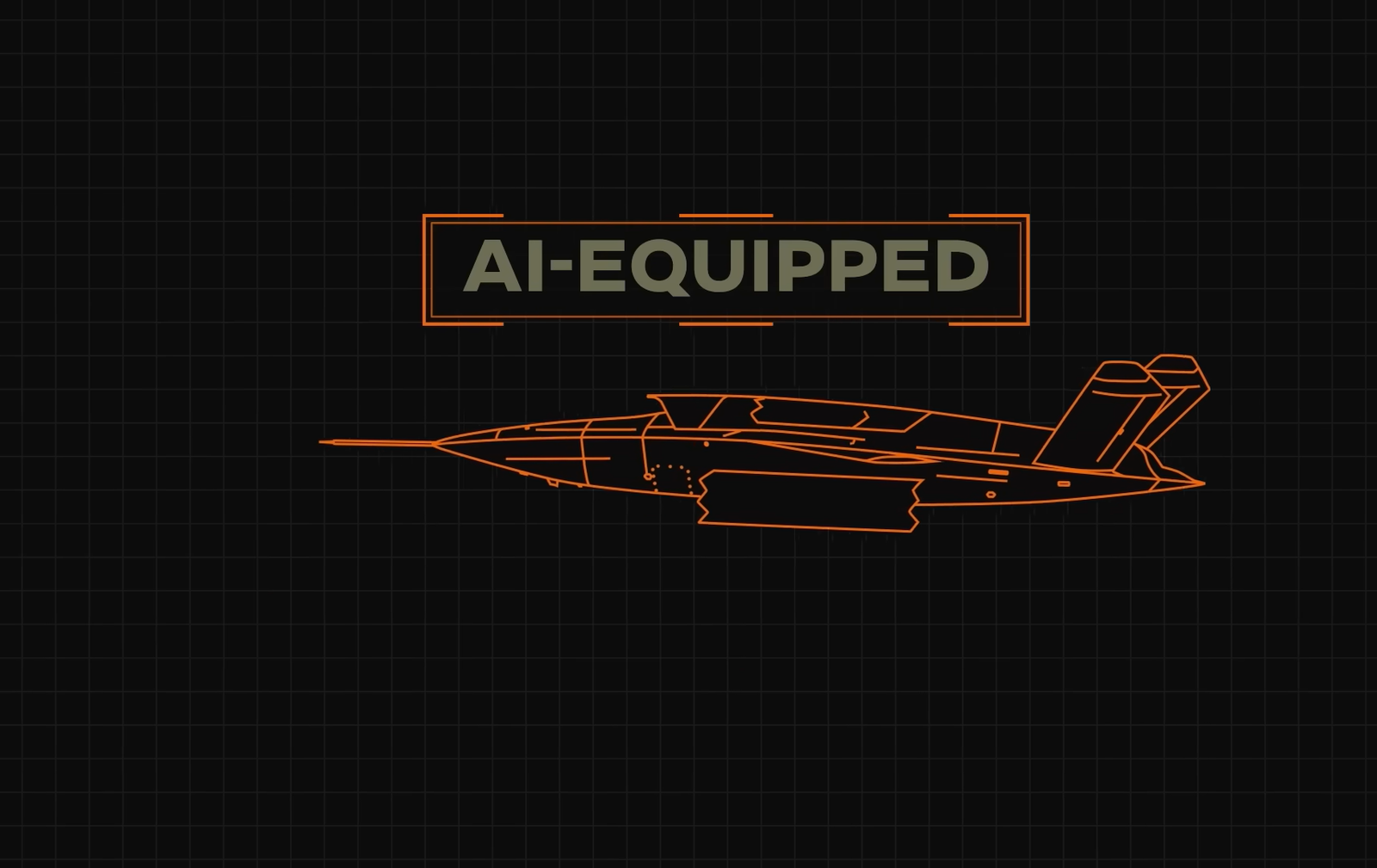As the global security landscape rapidly evolves, the United States military is doubling down on technologies such as Ai-drone to maintain a technological edge over adversaries like China. At the forefront of this push is the Valkyrie, a prototype Ai-Drone that could redefine the way the military engages in combat.
The Valkyrie: A Stealthy, Affordable Powerhouse
Developed by defense contractor Kratos, the Valkyrie Ai-Drone is a remarkable feat of engineering. This 30-foot long, 2,500-pound drone is designed for stealth, with a curved shape and other features that help it evade radar detection. But what sets the Valkyrie apart is its advanced artificial intelligence (AI) capabilities.
Unlike traditional drones that require human pilots, the Valkyrie can operate autonomously, using a range of sensors to monitor its surroundings and make real-time decisions. Its AI system can interpret the data it gathers, share information, and issue commands to the onboard computer to execute missions.

Notably, the Valkyrie Ai-Drone is also remarkably affordable, with a price tag of just $5-10 million – a fraction of the cost of a crewed fighter jet like the F-35, which can exceed $90 million. This affordability could be a game-changer for the military, as it explores ways to rapidly expand its Ai-drone fleet in the face of evolving threats.
Filling a Critical Gap in the Military’s Arsenal
The US military’s push for the Valkyrie and other Ai-drones is driven by a pressing need to counter the growing military capabilities of adversaries like China. As the Department of Defense stated, there is a “concern about the conventional military balance really shifting in the Indo-Pacific in favor of China, which has more missiles and more people than the United States.”
By investing in affordable Ai-drones like the Valkyrie, the military hopes to “bring mass to the theater and reset the regional balance.” These drones could be deployed in large numbers, making it difficult for enemies to destroy them all and potentially overwhelming their defenses.
Navigating the Ethical Considerations
While the Valkyrie’s capabilities are undoubtedly impressive, the idea of Ai-drone carrying weapons raises significant ethical and legal concerns. There are fears that these systems could inadvertently deploy weapons or escalate conflict in unintended ways.
Indeed, the United Nations has discussed banning “lethal autonomous weapons,” and many experts have voiced their reservations about the military’s embrace of this technology. However, the reality is that countries are unlikely to adhere to such bans
Road Ahead for Ai-Drone
As the military continues to explore the Valkyrie and other AI-equipped drones, the path forward is far from clear. There are still technical hurdles to overcome, and the military has yet to settle on the specific types of Ai-drone it wants to acquire.
Read More:- Israel and Iran: The Drastic Shift From Allies to Adversaries
Nonetheless, the Valkyrie represents a powerful glimpse into the future of warfare – one where autonomous, affordable systems could play a critical role in maintaining military superiority. Whether this future will be realized, and how it will be balanced with ethical considerations, remains to be seen.
Do you like anime? Explore Pop Media Pulse
